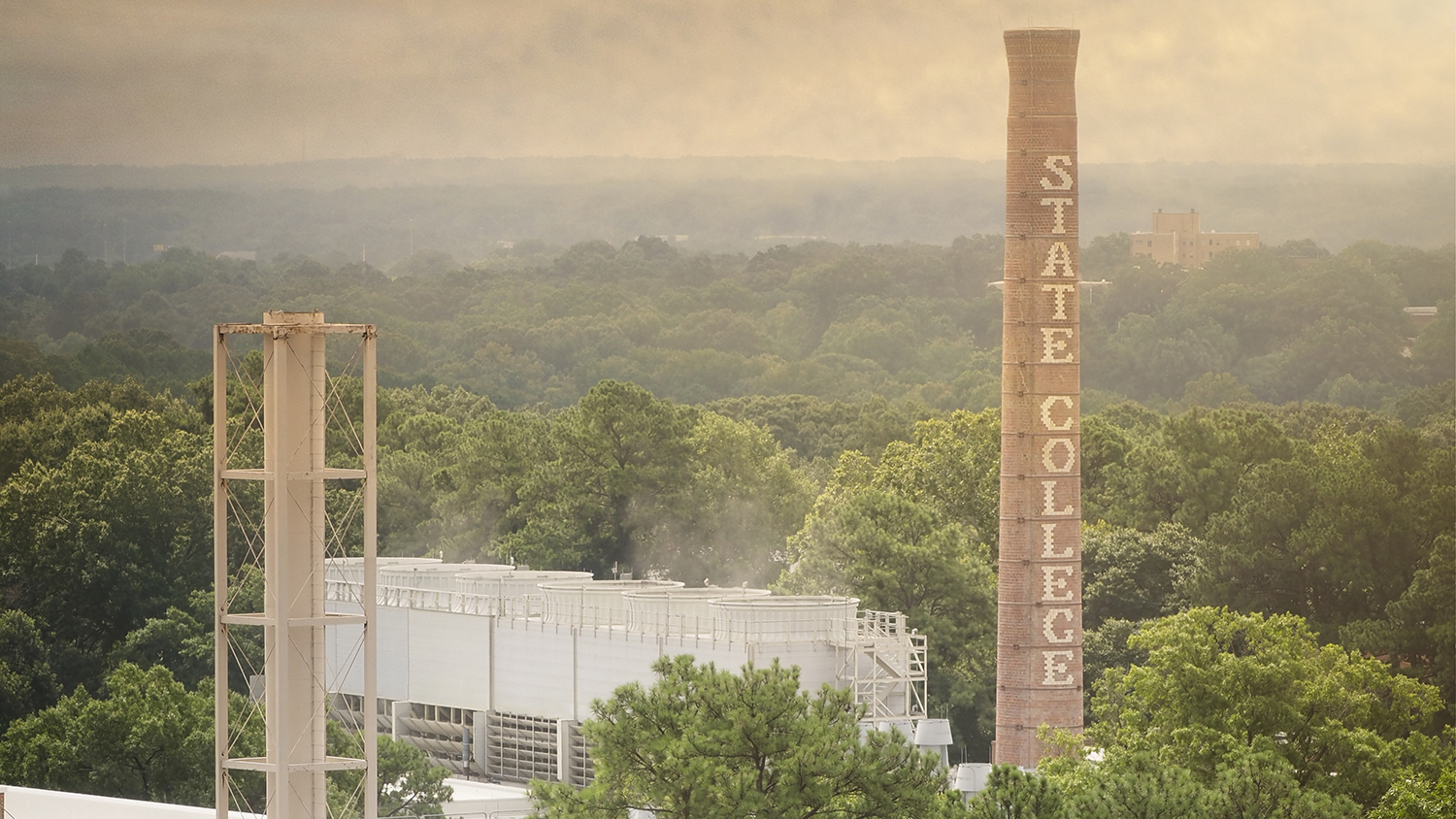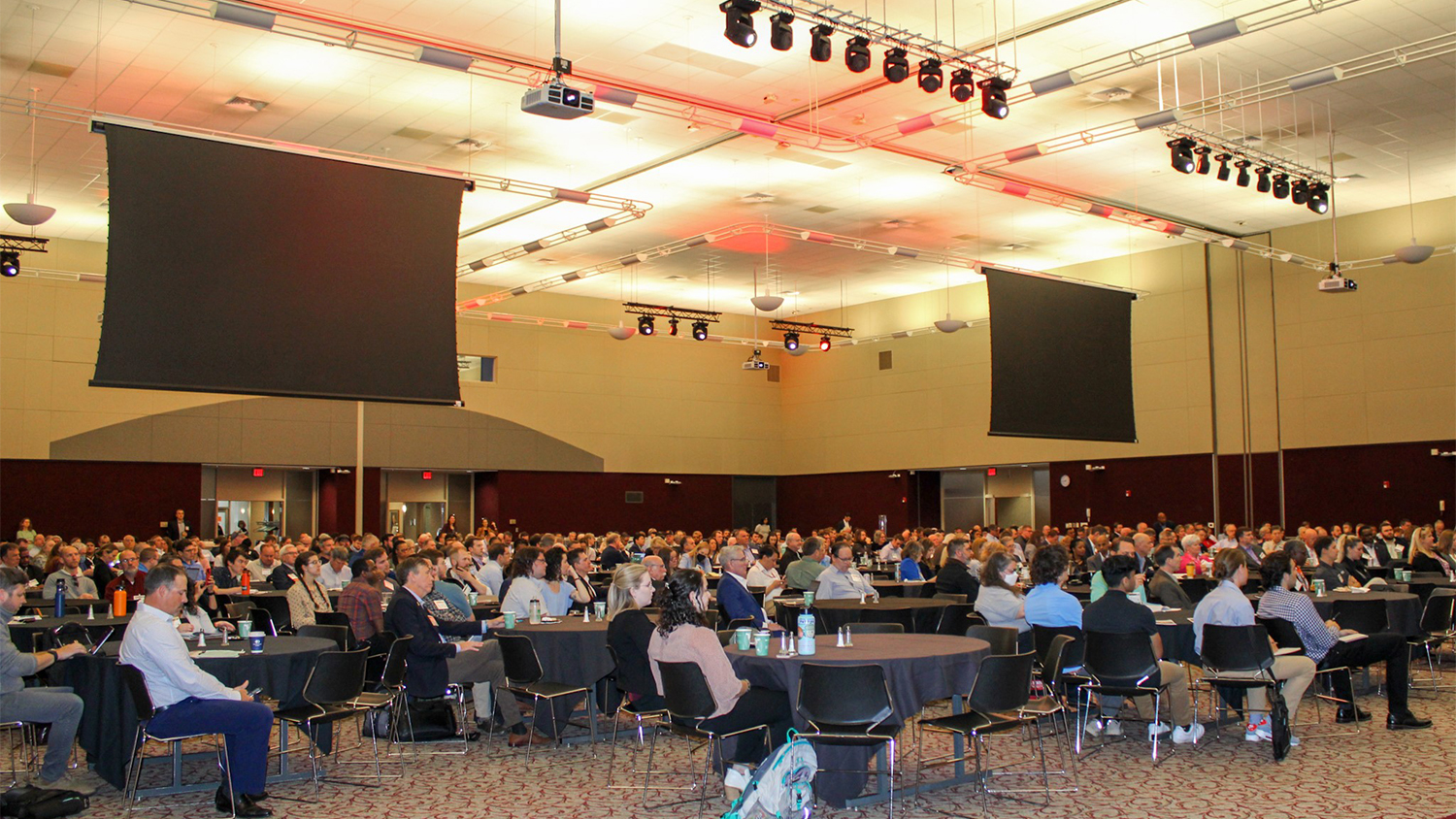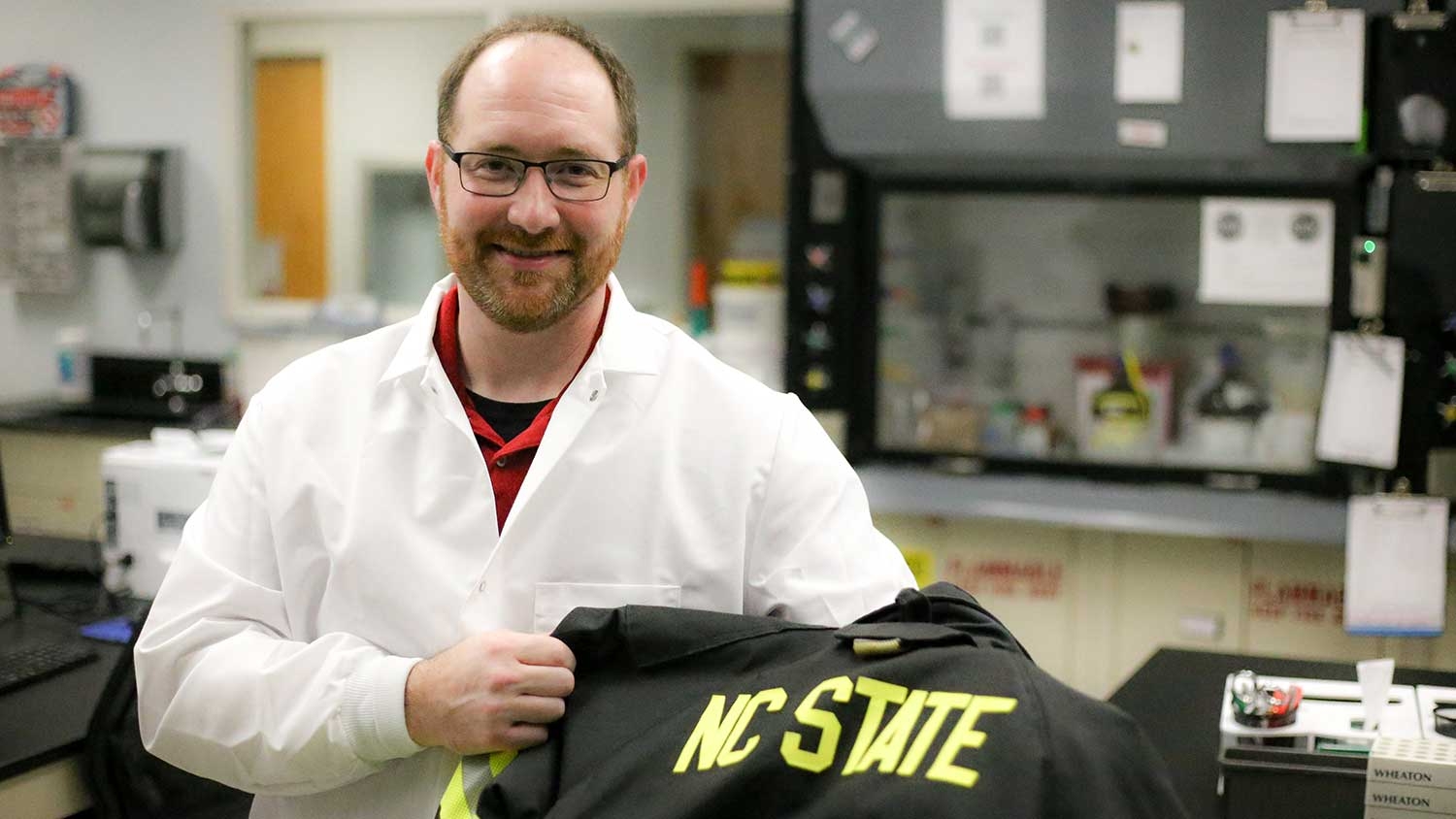NE alumnus wins Early Career Award

Dr. Boopathy Kombaiah, staff scientist, in the Characterization and Advanced Post-Irradiation Examination Group at Idaho National Laboratory (INL), is the 2022 recipient of the US Department of Energy (DOE) Office of Science Early Career Award.
His research examines the “Fundamental Mechanisms of Newtonian Diffusional Creep in Structural Alloys” and funded by the Office of Basic Energy Sciences. The abstract reads –

Heat engines generate more than 70% of the world’s electricity. To meet growing energy demands, advanced generation concepts will require significantly higher operating temperatures while addressing the need to limit CO2 emissions and enable energy-intensive processes like hydrogen production. In these extreme environments, creep deformation (a type of deformation seen at high temperatures and relatively low stress) becomes a critical performance degradation process in structural alloys. Knowledge of fundamental mechanisms governing the creep deformation rate in materials under a broad spectrum of stresses and temperatures is crucial for creep-resistant materials design and service life prediction.
There are several theories of the creep deformation mechanisms. In the Newtonian diffusional creep process, it is premised that vacancies flow between grain boundaries subjected to different stress conditions, giving rise to plastic deformation. Theories of diffusional creep provide a compelling picture for materials scientists to design microstructures that improve creep resistance. However, these theories remain vigorously debated due to a lack of experimental evidence and poor prediction of creep rates. To isolate the fundamental mechanisms controlling Newtonian diffusional creep, it is hypothesized that stress-assisted flow of vacancies to specific interfaces in multicomponent materials will cause elemental segregation.
This hypothesis will be investigated by studying the influence of composition and soluble hydrogen on diffusional creep mechanisms in structural alloys. Advanced research tools available at Idaho National Laboratory and U.S. Department of Energy user facilities, including advanced testing and multiscale characterization techniques (i.e., in situ /ex-situ -secondary ion mass spectrometry, transmission electron microscopy, and atom probe tomography) and mesoscale phase-field modeling tools will be brought to bear to test this hypothesis. The mechanistic understanding of the diffusional creep mechanisms will enable new pathways for designing advanced creep-resistant materials for extreme temperature, stress, and corrosion environments.
Kombaiah is an alumnus of NC State University Department of Nuclear Engineering, receiving his Doctor of Philosophy (PhD) in 2015 under the faculty advisement of Dr. KL Murty, Progress Energy Distinguished Professor of Nuclear Engineering.
The US DOE Office of Science’s Early Career Program selected eighty-three scientists from across the nation – twenty-seven from national laboratories and fifty-six from US universities. The program, now in its 13th year, is designed to bolster the nation’s scientific workforce by providing support to exceptional researchers during crucial early career years. Since the program’s inception, 785 recipients have received this award.
Annual award announcements with abstracts are available here.
This post was originally published in the Department of Nuclear Engineering.
- Categories:


